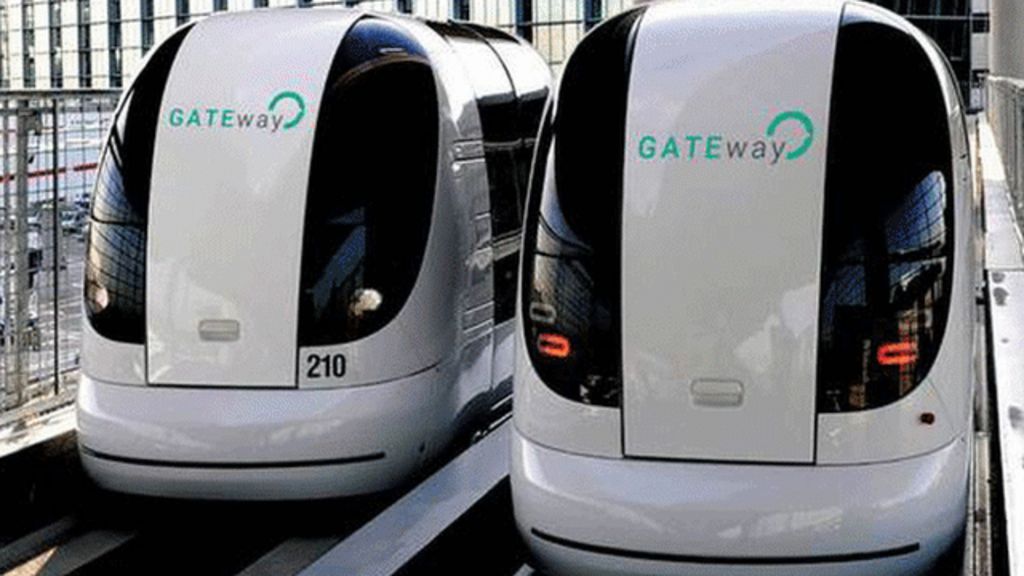True points and many that I have been sharing on Quantum around its own potential to change everything that we know about technology (devices, internet & networking in general, wireless and satellites, AI, advancements in biotech, security, big data, and singularity itself). The author also highlights many of the same concerns that I have shared around hackers on Quantum breaking through the older digitized platforms and networks; therefore, many companies and governments are exposed as well as consumers who have not adopted Quantum.
Although the author speculates we’re less than 10 yrs for Quantum to be seen in the everyday usage; I believe we’re within 7 yrs.
Within four years quantum computers will have the beating of conventional computers and that will produce a dramatic change in both the technology landscape and in business, according to Professor Jeremy O’Brien from Bristol University.







